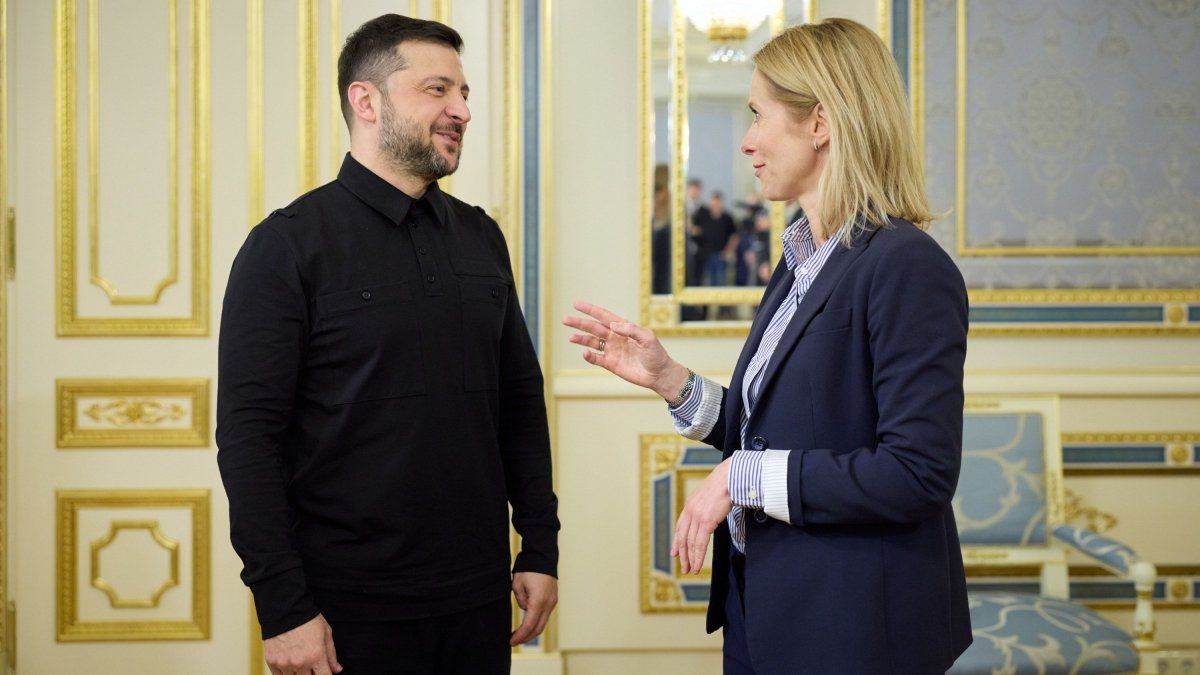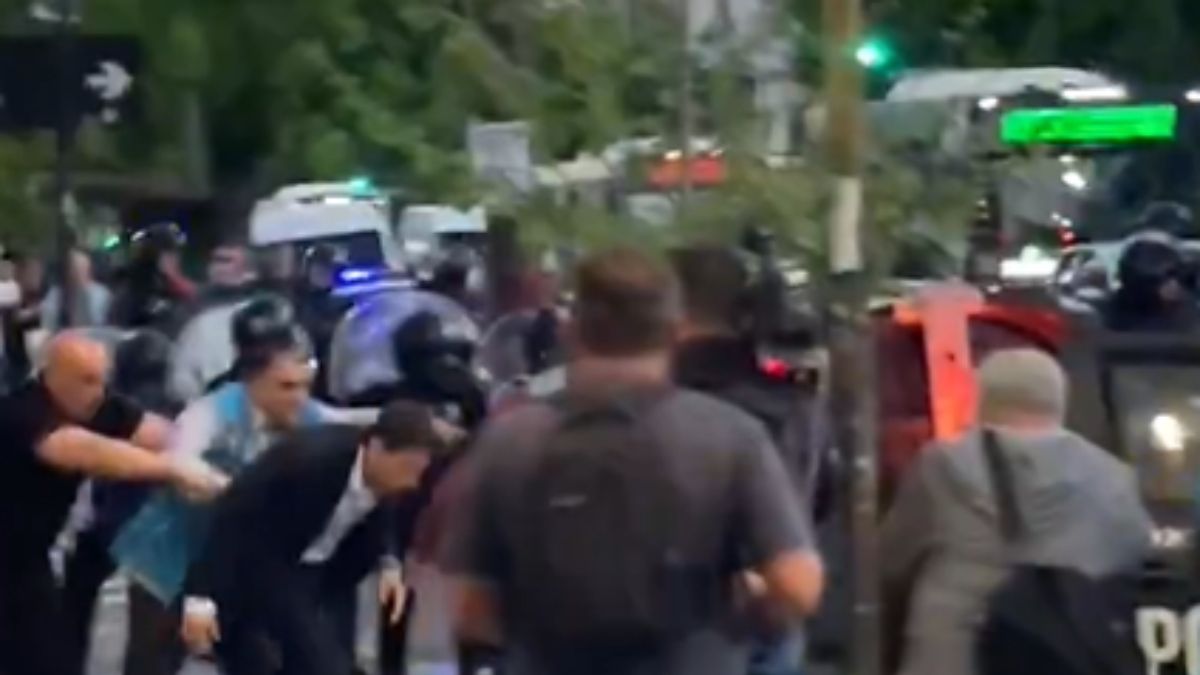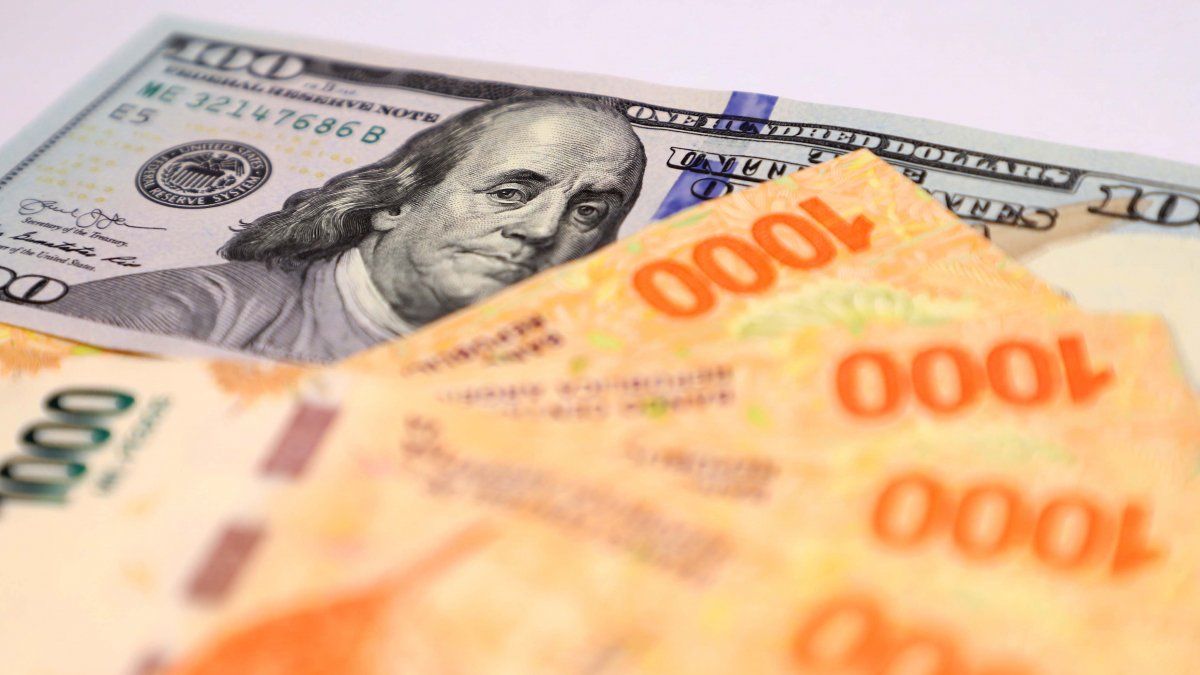At the last EU summit of this year, a decision on starting accession negotiations with Ukraine is expected to be made at the end of the week. The government in Kiev is increasing the pressure.
The government in Kiev warns of “devastating consequences” if the upcoming EU summit to start EU accession negotiations with Ukraine fails due to a veto by Hungary. If there is no positive decision, it would be extremely demotivating for the people of Ukraine, Foreign Minister Dmytro Kuleba warned on Monday on the sidelines of talks with his EU counterparts in Brussels. In addition, the impression would then be given to the outside world that the EU is not in a position to make decisions of a historical nature.
With a view to the desired start of accession negotiations with the EU, Kuleba argued that his country had fulfilled a large part of the most recently outstanding obligations. “Of the four laws that the EU Commission asked Ukraine to introduce by March, three have been adopted by parliament and signed by the president,” he explained. In addition to anti-corruption laws, this also included the rules demanded by Hungary on the education and use of the languages of national minorities.
Kuleba said the only outstanding issue was the adoption of a law to curb the influence of lobbyists. But it has already been registered in parliament and will also be adopted.
Blockade threats from Budapest
In return, Ukraine now expects a positive decision to start accession negotiations to be made at the EU summit this Thursday and Friday, as proposed by the EU Commission, said Kuleba.
The background to Kuleba’s words is, in particular, blockade threats from Budapest. Hungarian Prime Minister Viktor Orban recently wrote in a letter to EU Council President Charles Michel that the expectations that a decision on the start of EU accession negotiations could be made at the top meeting in Brussels were unfounded. Orban argues that the EU Commission’s proposal to start accession negotiations is not compatible with a summit decision from June 2022.
He was alluding to the fact that the Brussels authorities recommend the start regardless of reform requirements that have not yet been fully met. However, the summit decision states that further steps in the accession process should only be decided when “all of these conditions have been fully met”. This applies regardless of the fact that the start of EU accession negotiations would primarily be a symbolic step, as the talks are likely to last for many years and Ukraine’s accession before the end of the Russian war of aggression is considered impossible.
It recently remained unclear whether Orban only wanted to increase the pressure with the letter in order to obtain frozen EU funding for his country. Some EU diplomats believe this is conceivable, others point out that Orban recently claimed that he would not give in on the Ukraine issue even after funds were released.
Conversation between Zelensky and Orban
The EU Commission is currently examining whether funds can be released to Hungary. The Brussels authority announced around a year ago that it would only do this once Orban’s right-wing nationalist government fully implemented promises to uphold the rule of law. Orban believes that his country has met all the requirements.
On the sidelines of a visit to Argentina, Ukrainian President Volodymyr Zelenskyj spoke personally with Orban about his country’s intended accession to the EU. Zelensky said in his nightly video address that he had spoken to the Hungarian president as “openly as possible.” There was talk of an “emotional conversation” in the Ukrainian media. Like Orban, Zelenskyj traveled to Buenos Aires for the inauguration of the new Argentine head of state Javier Milei. Zelensky is expected in Washington on Tuesday by US President Joe Biden.
Lithuania’s Foreign Minister Gabrielius Landsbergis expressed outrage on Monday about the blockade threats from Budapest. “The only way I can understand the Hungarian position (…) is that they are against Europe and everything Europe stands for,” he said. If the country prevails, “dark times” could lie ahead for the EU. Estonia’s Foreign Minister, Margus Tsahkna, also expressed incomprehension: “I see no reason for a blockade,” he said.
Source: Stern
I have been working in the news industry for over 6 years, first as a reporter and now as an editor. I have covered politics extensively, and my work has appeared in major newspapers and online news outlets around the world. In addition to my writing, I also contribute regularly to 24 Hours World.




